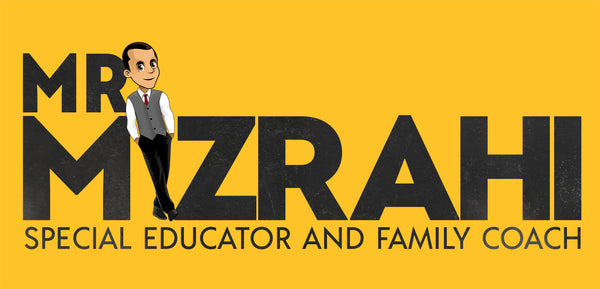
Words Matter
Share
📸 photo credits to @weareteachers 😊
The words we speak to our children shape how they see themselves. As Lori Petro once said, “Be mindful of the language you use to describe your children. They will come to see themselves through the filter you design.”
Words are powerful — especially when they come from us, their parents. The way we describe our children becomes part of their identity. A child who’s constantly called “lazy” or “difficult” starts to believe it. Over time, that belief quietly influences how they act, learn, and even how much they try.
Children develop their sense of worth through our eyes. As Dorothy Briggs, author of Your Child’s Self-Esteem, explained — parents are mirrors. What they reflect, children believe. They don’t question our opinions of them until they’re much older… and by then, the words may have already left a mark.
How we “frame” our children matters. If we constantly see them as problems to fix or obstacles in our day, that mindset colors every interaction. They’ll sense it — and often, they’ll live up to the low expectations we unknowingly set.
Of course, none of us are perfect. We all have moments when frustration slips out in words we wish we could take back. What matters most is how we handle those moments. Apologize. Reassure them of your love and belief in who they are. Then take a deep breath and reframe the thought — find something positive, kind, or capable to notice in them.
Parenting mindfully doesn’t mean being flawless. It means being aware. Because one of the most powerful gifts you can give your child isn’t something wrapped in paper — it’s the belief that they are good, capable, and deeply loved.
— Coach Benjamin Mizrahi
Educator | Learning Specialist | Family Coach | Father | Husband
